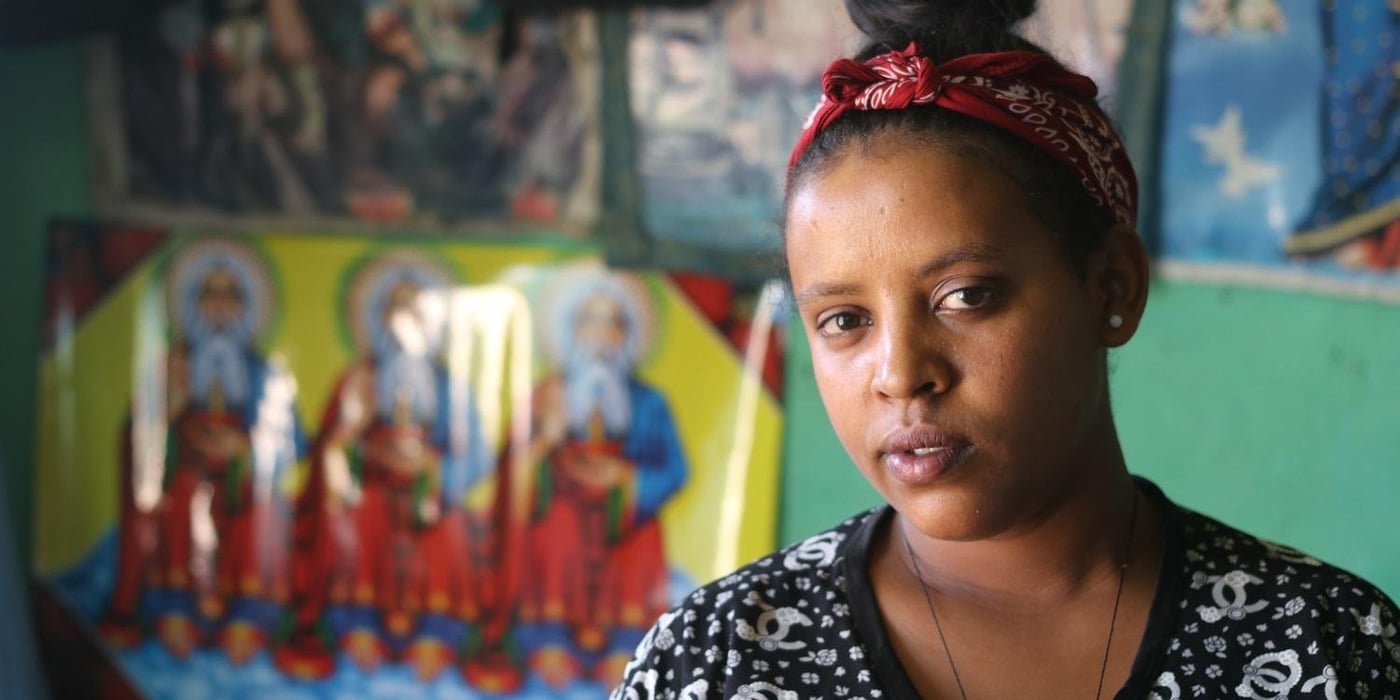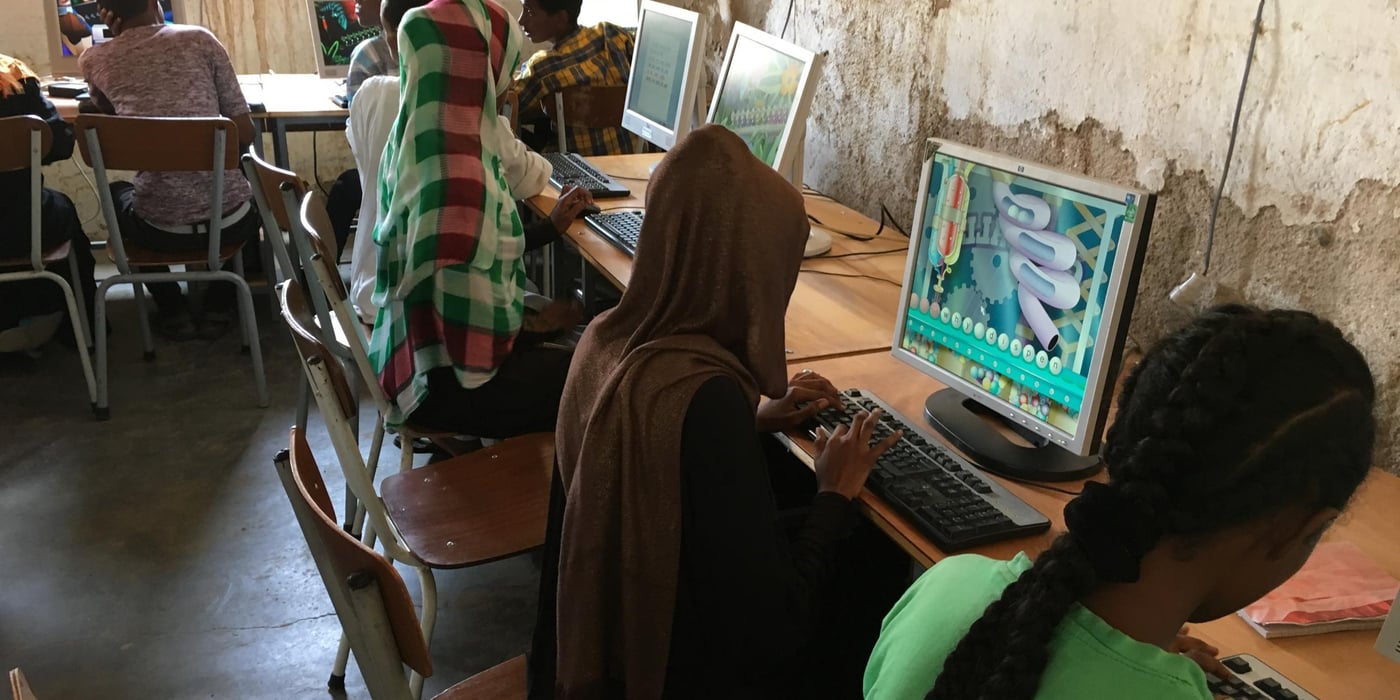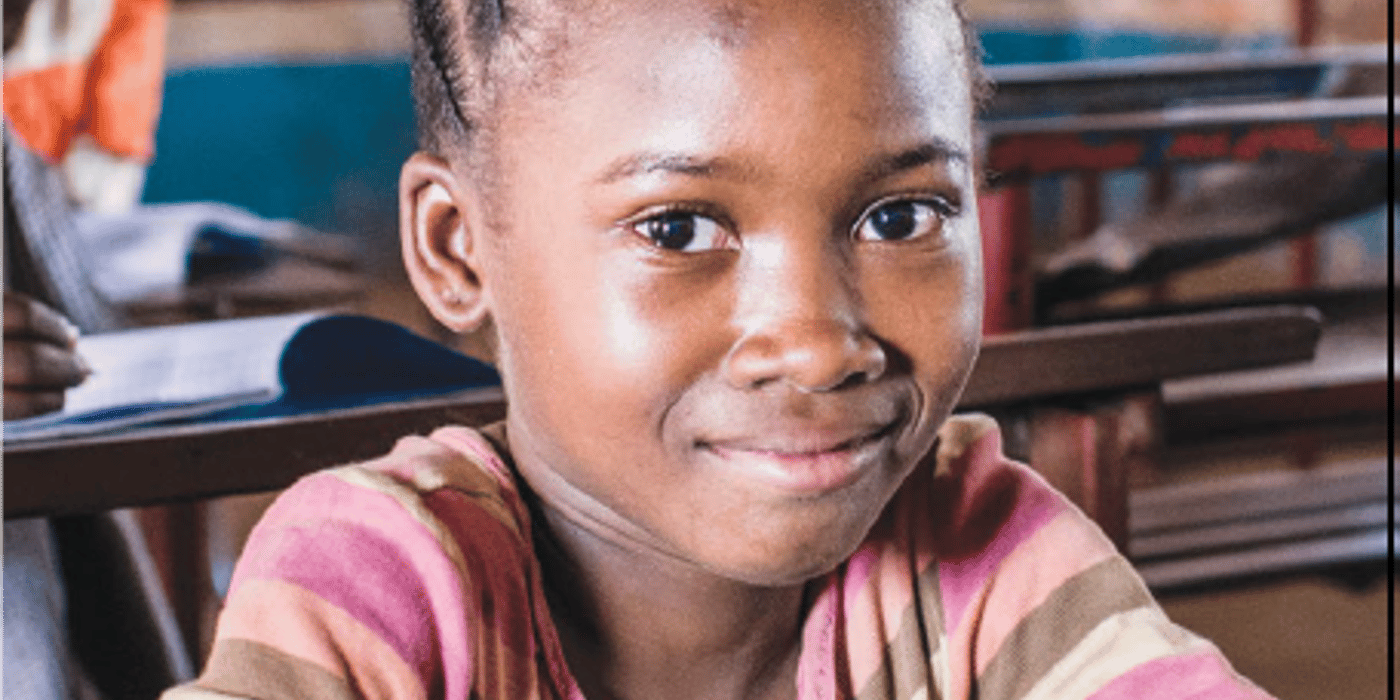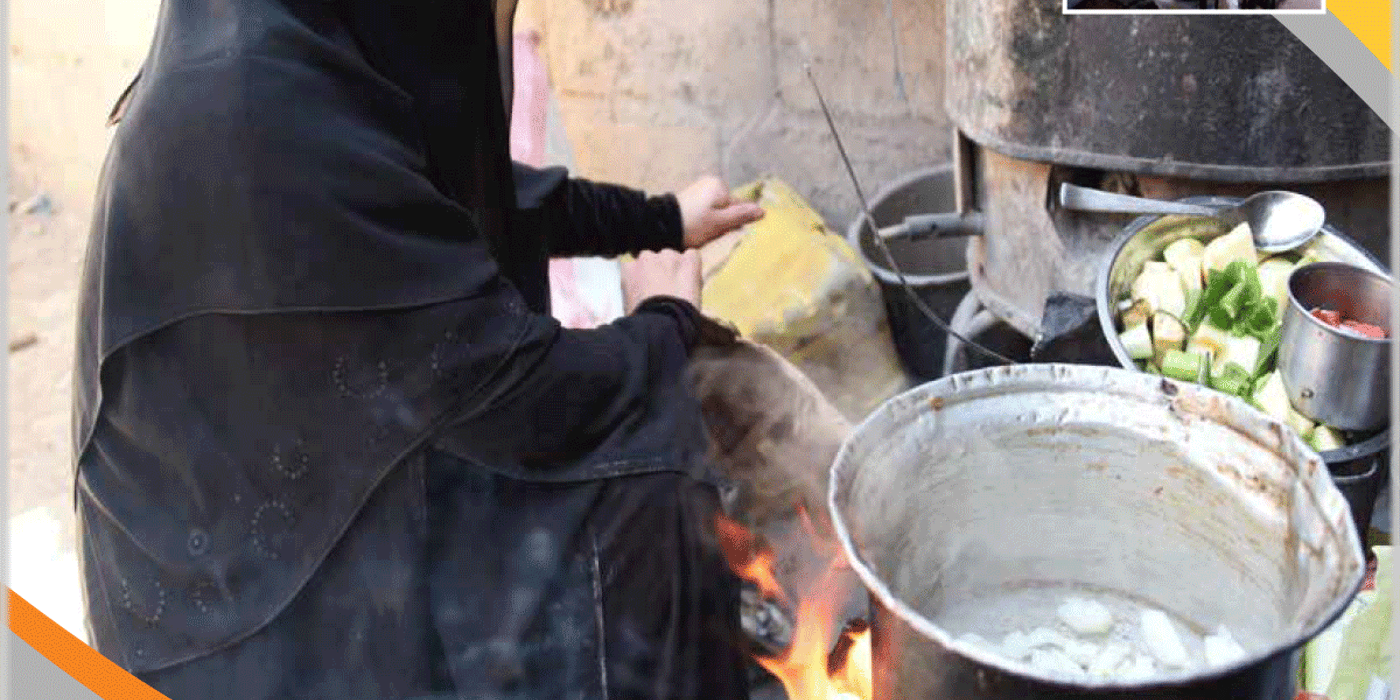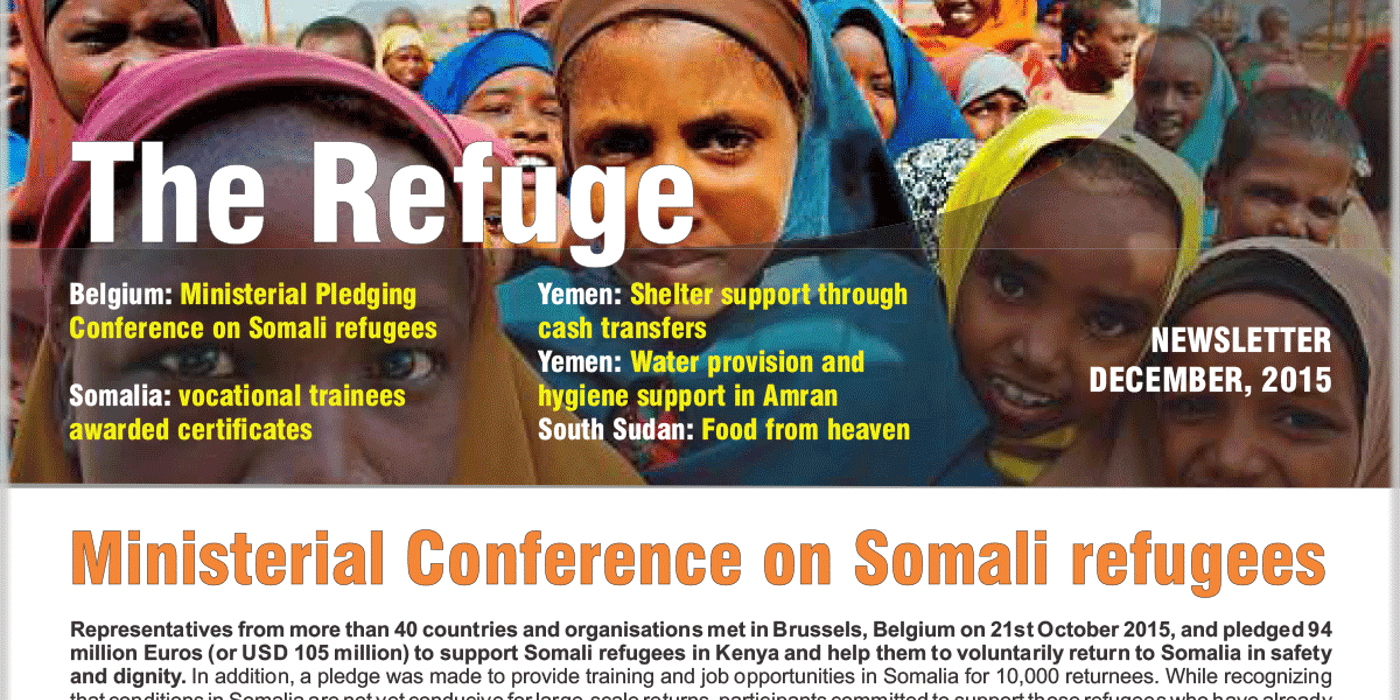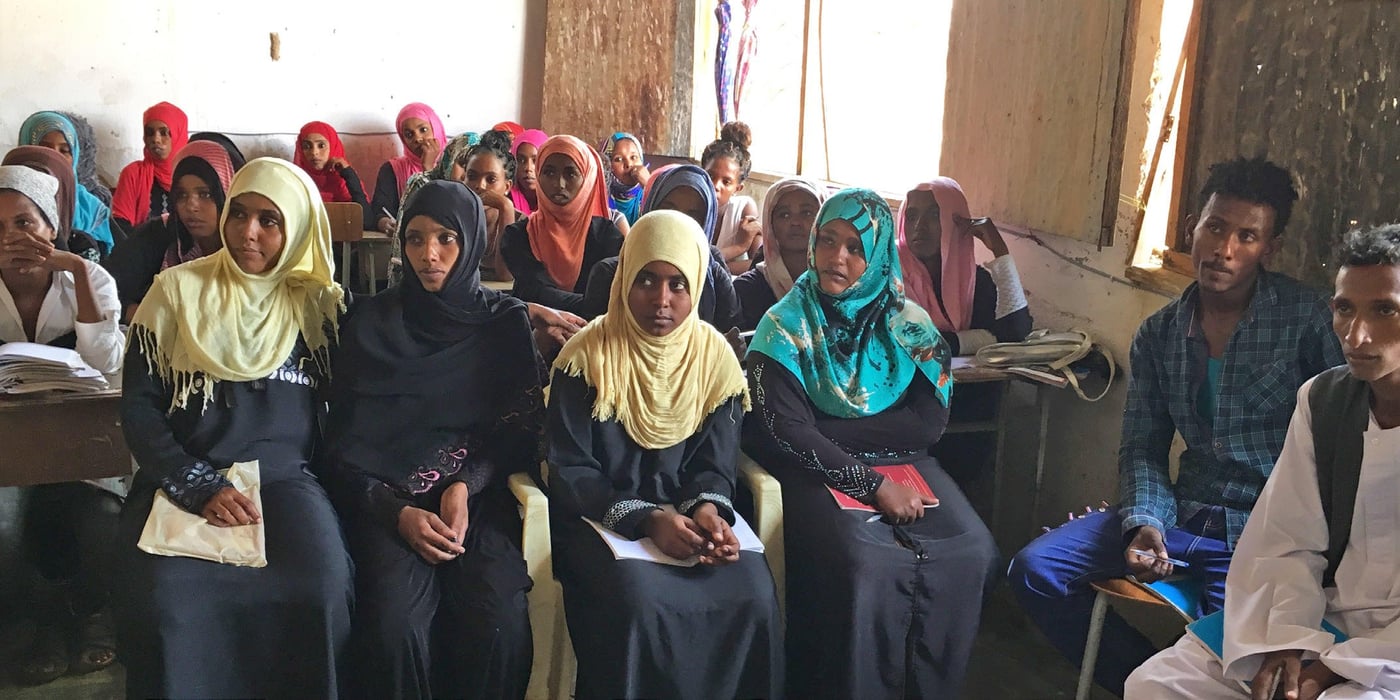
Humanitarian overview
The Covid-19 pandemic put an effective stop to the basic skills training part of the programme in 2020 and 2021, and it continued to have an impact on the programme in 2022. Some Covid-19 related prevention restrictions were kept in place well into 2022.
Although the reopening of primary and secondary schools in Eritrea happened already mid-2021, after one year of closure, the technical and vocational training institutions previously supported by NRC struggled to resume their activities.
Programme activities with a new partner, the National Confederation of Eritrean Workers (NCEW), resumed gradually in August/September of 2022 with a limited project that was completed in mid-2023.
NRC's operation
Currently there are no activities or projects ongoing in Eritrea. The latest project reached more than 18,000 people through education (basic skills training), food security and livelihoods and WASH activities, implemented by NRC’s partner organisation NCEW.
Basic vocational skills training focused on five different locations – both rural and urban: Tokombiya, Barentu, Keren, Massawa and Asmara, and the livelihoods and food security component of the programme was concentrated to Tokombiya and Keren.
With new funding, NRC plans to continue to support the basic skills training efforts and livelihoods support to women through NCEW to increase opportunities for jobs, improved self-reliance and sustainable livelihoods.



